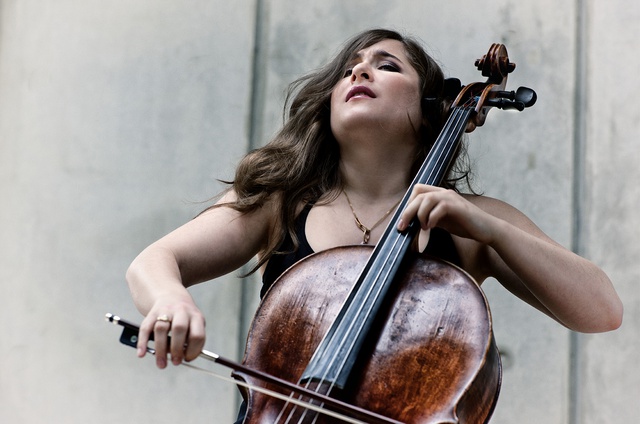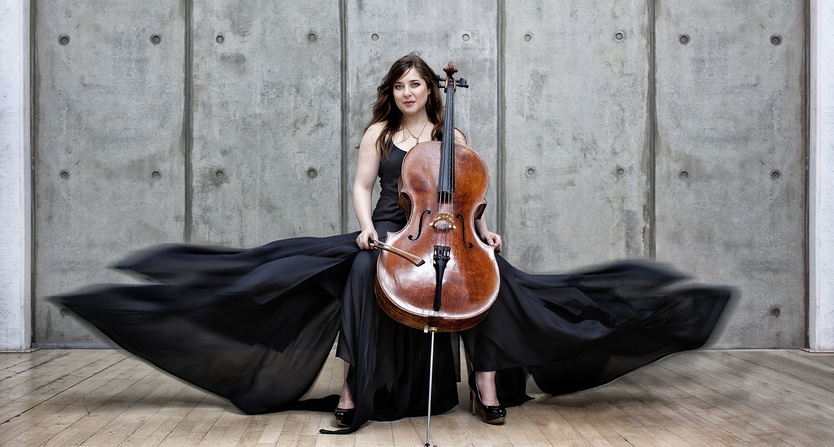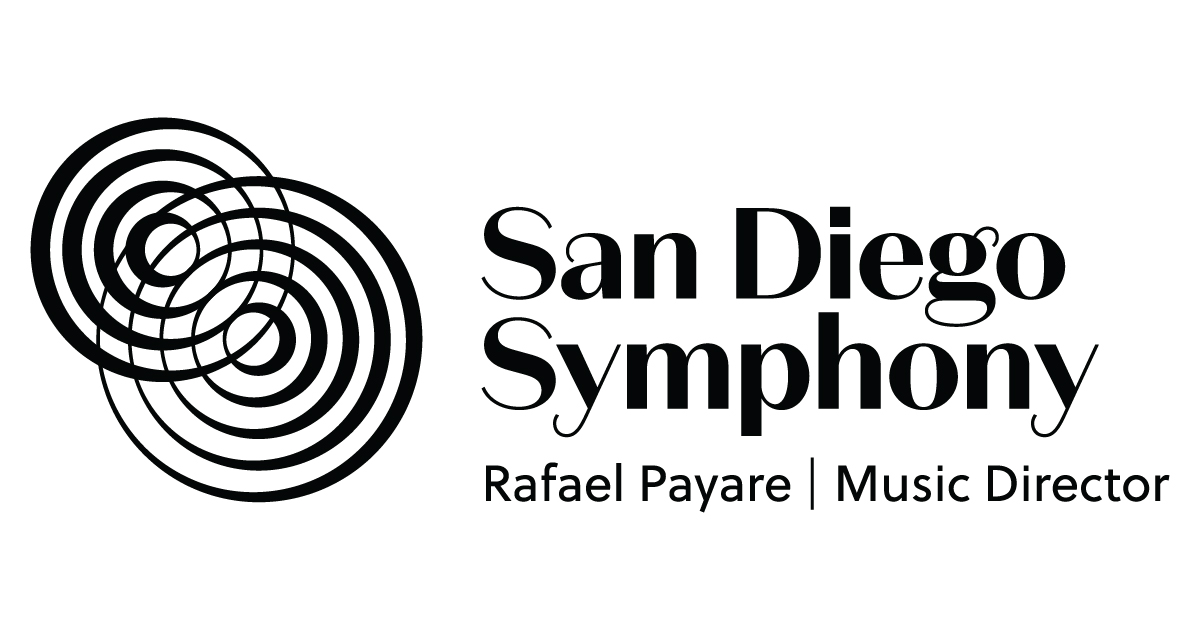Alisa Weilerstein on the musical storytelling in Don Quixote and Schelomo

R. Strauss’ Don Quixote is different from most music in that the cello plays a specific character, Don Quixote. How is playing this work unique?
Playing any work of music, you have to inhabit the world of that music, but with Don Quixote I’m following a strict narrative. The iconic battles with the windmills and the sheep are represented (the sheep in particular are unmissable—you’ll hear them bleating in the winds!), Don Quixote’s conversations with the faithful Sancho Panza (portrayed by the viola) are very clear. In a strange way it makes certain aspects of performing this piece easier than others because the music is less open to interpretation.
What is it like for you to be playing the role of Don Quixote?
I think every cellist who plays Don Quixote feels very possessive of it – like “this is MY piece. I AM Don Quixote.” And, honestly, I am no different. I love inhabiting this delusional dreamer. It’s a wonderful role to play.
What part of Don Quixote do you love the most?
The music of the death of Don Quixote is some of the most beautiful symphonic and cello writing that exists. It’s heartbreaking. I really look forward to playing this final variation the way an actor might look forward to playing a death scene. One can hear him waking up from this crazy fantasy world and return to sanity, and at the very end, Strauss writes a literal sigh for the solo cello as Don Quixote finally dies. It’s an incredibly vulnerable and achingly human moment.
How is portraying King Solomon from the Old Testament of the Bible in Bloch’s Schelomo different or similar to portraying Don Quixote?
The character of King Solomon, or Schelomo, obviously comes from a completely different time, world, and philosophy than does Don Quixote. However, what they have in common is that their dreams of a better world were ultimately unfulfilled, and hence they are both inherently tragic characters even though they come from such wildly different backgrounds
"I think every cellist who plays Don Quixote feels very possessive of it… And, honestly, I am no different. I love inhabiting this delusional dreamer.” – ALISA WEILERSTEIN
You’re also performing Bach’s solo cello suites this month as part of the Symphony’s Chamber Music Series. How do you approach Bach differently than the works that follow a strict narrative?
I have been performing the Bach cello suites my whole life, but I started playing the complete suites program only about three years ago. The suites are unique in that they have no surviving manuscripts. This presents an ENORMOUS challenge to the performer, even as it affords infinite freedom.
So, would you say performing Bach Cello Suites is more difficult than Don Quixote and Schelomo?
Even though Don Quixote and Schelomo may be more dramatic on the surface, the Bach demands infinitely more of me in every way – emotionally, intellectually, and physically

ALISA WEILERSTEIN PERFORMS IN NOVEMBER
Alisa Weilerstein Plays Bach's Cello Suites
TUE NOV 12, 7:30PM
A Chamber Music Concert at The Conrad Prebys Performing Arts Center
Learn More
Bach, Bloch & Don Quixote
FRI NOV 15, 8PM | SUN NOV 17, 2PM
Learn More
Back to all posts
